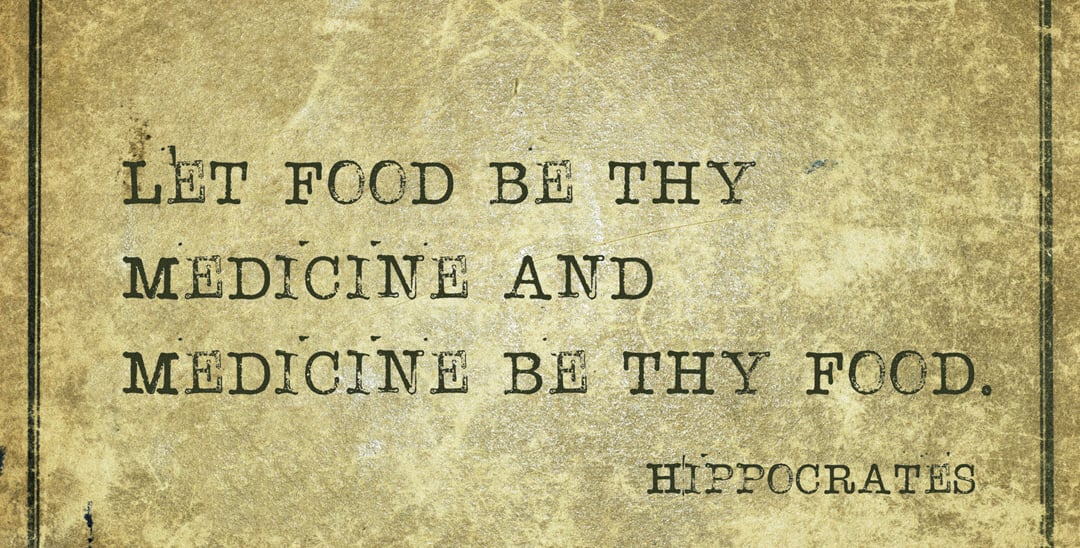Medical Terminology A Historical Perspective
The terminology used in the field of medicine is constantly changing and adapting to the dynamic landscape of healthcare. Along with terms derived from Greek and Latin roots, there are also terms that are currently being used.


Ancient Greek Contributions to Medical Terminology


Medical Terminology A Historical Perspective
The origin of medical terminology dates back to more than 2,000 years ago with the ancient Greeks. Hippocrates and Aristotle were pioneers in the field, conducting research and documenting their findings on medicine. The Romans also followed suit and incorporated aspects of the Greek language into their use of Latin.
Most current terminology is derived from a combination of Greek and Latin word roots, along with added prefixes and suffixes, as seen in the example of oste/o/arthr/itis.
The evolution of Medical Language can be traced back through the ages.
Medical terms used in doctor's offices have survived thousands of years of human history. The term "diabetes" comes from ancient Greek and means "to pass through" - a reference to one of the condition's main symptoms.
Ancient civilizations' healers created specialized language to describe the human body and its ailments. Greek and Latin roots are the foundations of modern medical communication. Ancient wisdom, cultural exchanges, and scientific advances have shaped the language doctors and healthcare professionals use today. The evolution of medical terminology shows us how these influences continue to impact healthcare communication.
Notable Roman medical scholars
Several prominent Roman medical scholars shaped our medical vocabulary beyond Celsus. Galen of Pergamon (129-216 AD) emerged as an exceptionally influential figure and served as a physician to multiple Roman emperors. His contributions revolutionized Western medical science for over a millennium.
Research shows that about 95% of English medical terms stem from or are created based on Latin and Latinized Greek. The Roman Empire's linguistic legacy continues to shape modern medical communication. Medical professionals find it almost impossible to become skilled at terminology without understanding simple Latin.
